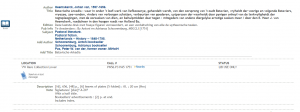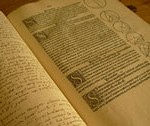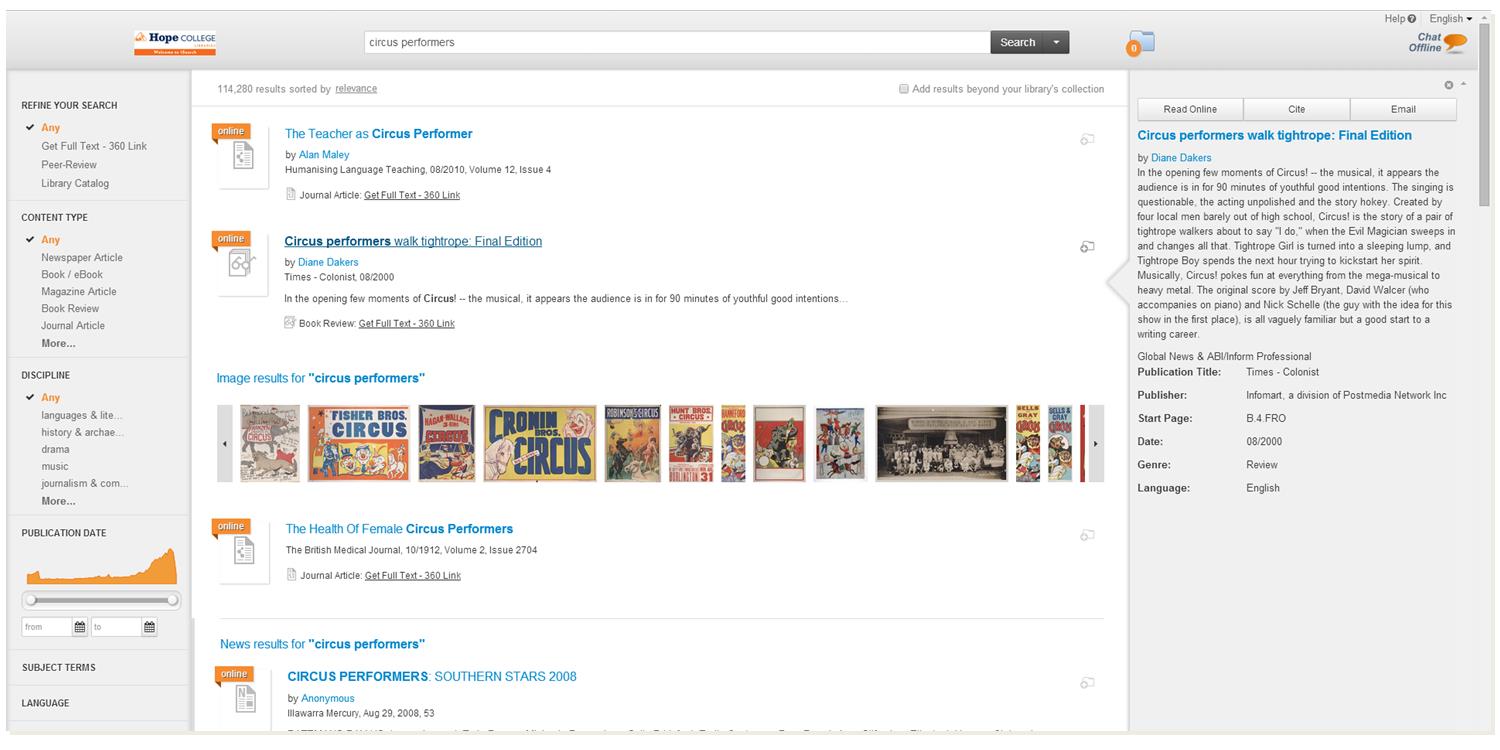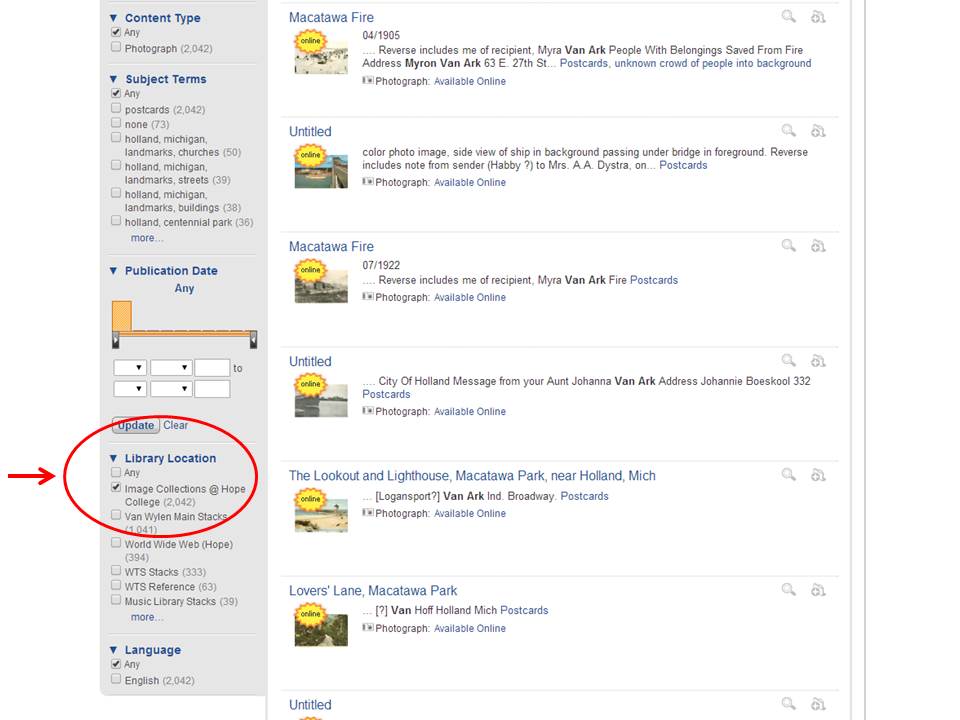The New York Times digital edition is available for all students and faculty at Hope College. To get access, Hope users will need to create individual logins at this NYTimes.com site and must use their 1Hope credentials to create an account. Follow the instructions to claim your pass. A list of frequently asked questions is available at the bottom of this post.

The online version includes not only the same articles, text and images that appear in the print edition, but also an array of additional still images, videos, audio and data content. About the only thing not included in the digital version is the crossword puzzles. The content is enriched by inclusion of longitudinal data from syndicates and data sources such as Thomson Reuters. The subscription also includes free access through the NYTNow iPhone app.
The library is interested in how access to the New York Times might be used within the curriculum, something that the NYT has been interested in as well. Given our emphasis on becoming more globally engaged and increasing student gains in writing and critical thinking, how might the NYT be used creatively within the classroom? Ideas for incorporating the New York Times into nearly all disciplines can be found on the NYT Classroom Ideas website.
Our subscription to the NYT digital edition was brokered by the Center for Research Libraries. CRL and academic libraries have an interest in preservation of the NYT, which is currently only being archived by the New York Times itself. No other major news organization is investing in data journalism and data analytics to the same extent, suggesting that the online NYT will become an even greater resource for scholarly research in the future. The digital edition is highly searchable and allows users to search for content going back to 1851. In addition to keyword searching, users will have access to the TimesMachine, digital replicas of every issue of the Times published from 1851 to 1980. Users can browse page by page and see articles, photos and ads as they originally appeared in print.
Here are some answers to Frequently Asked Questions about access to content:
I already have a NYTimes.com digital subscription. What should I do?
NYTimes.com does not permit a double entitlement. If you have an existing paid NYTimes.com subscription, you are not eligible for an Academic Pass. You should continue to access the Times via your own subscription.
Should I cancel my existing digital subscription to make use of the site license access?
The New York Times Academic Site License has some restrictions that your personal subscription maynot have. Consider the options carefully before deciding one way or another.
What are the restrictions?
Site license access does not include the NYTimes.com tablet apps. At this time, access to articles from the date range 1923 to 1986 is limited is limited to 5 articles for the 364-day period.
Can I access the Times off-campus?
Yes, as long as you have registered using your campus domain .edu e-mail address and obtained your Academic Pass.
Can I access the Times from my mobile device?
There are mobile apps for iPhone/iPod Touch (IOS 5.0+), Android (OS 2.1+), and Windows (7.5 O.S.) phones; these are included as part of the Academic Pass. Mobile apps for tablets are not part of the Academic Pass. However, you can access the NYTimes.com mobile site (mobile.nytimes.com) or Times Skimmer (nytimes.com/skimmer) using your smartphone or tablet running one of the above operating systems.
CANCELLATION AND REFUND POLICY FOR DIGITAL PRODUCTS
Cancellation and Refunds of Digital Subscriptions (For those who currently subscribe)
You can cancel your digital product at any time by calling Customer Care at (800) 591-9233. For international customers, please e-mail us at help@nytimes.com. Group Subscription billing cycles and terms of cancellations may differ and are governed by the terms set forth in the Group Subscription Purchase Order.
Monthly and 4-Week Subscription Billing (For those who currently subscribe)
When you cancel, you cancel only future charges associated with your subscription. You may notify us of your intent to cancel at any time, but the cancellation will become effective at the end of your current billing period.
Cancellations are effective the following billing cycle. You will not receive a refund for the current billing cycle. You will continue to have the same access and benefits of your product for the remainder of the current billing period.
Annual Subscription Billing (For those who currently subscribe)
If you cancel within the first 11 months, your access and other benefits will end immediately and you will receive a refund prorated to the day.
If you cancel in the final 30 days, the cancellation will not take effect until the end of your current billing period. Your access and privileges will continue to the end of the current billing period, and you will not receive a refund.
How can I solve a problem accessing an NYTimes.com Academic Pass?









